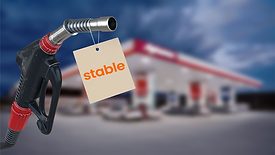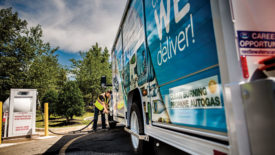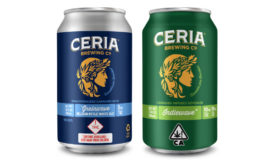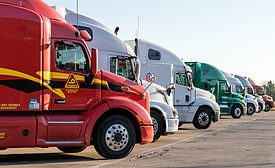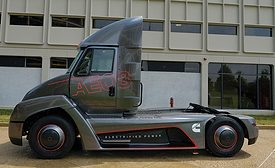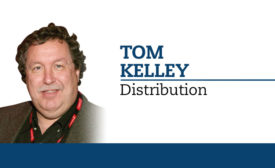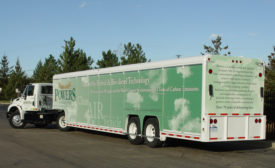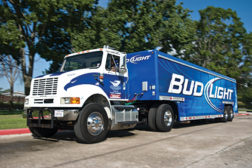Home » Keywords: » alternative fuels
Items Tagged with 'alternative fuels'
ARTICLES
Biodiesel remains most expensive alternatives in fuel options
Read More
Distribution
Propane finds its lane in beverage delivery
A propane proponent’s case for autogas
May 31, 2023
Ingredient Spotlight
THC usage slowly growing as intoxicant ingredient
Edibles market grows 80%
June 25, 2020
The 2018 State of the Beverage Fleet Industry
Beverage trends see uptick in refrigerated vehicle usage
October 16, 2018
Beverage fleets evolve to meet industry needs
Driver safety and comfort among top equipment demands
March 22, 2018
Cummins unveils fully electric Urban Hauler Tractor
Truck manufacturer invests in alternative-fuel technologies
October 19, 2017
Top tips for maintaining a green fleet
How to maintain a fuel-efficient, green fleet
August 15, 2017
Powers Distributing employs hybrid, biodiesel fleets
Michigan wholesaler credits strong business partnerships
March 15, 2016
Hybrid beverage fleets face challenges
Next-generation advancements stifled by policy
August 15, 2014
Top fleet manager offers thoughts on alternative fuels
A Q&A with Silver Eagle Distributors’ Ed Pritchard
September 16, 2013
Elevate your expertise in the beverage marketplace with unparalleled insights and connections.
Join thousands of beverage professionals today. Shouldn’t you know what they know?
JOIN NOW!Copyright ©2025. All Rights Reserved BNP Media.
Design, CMS, Hosting & Web Development :: ePublishing
